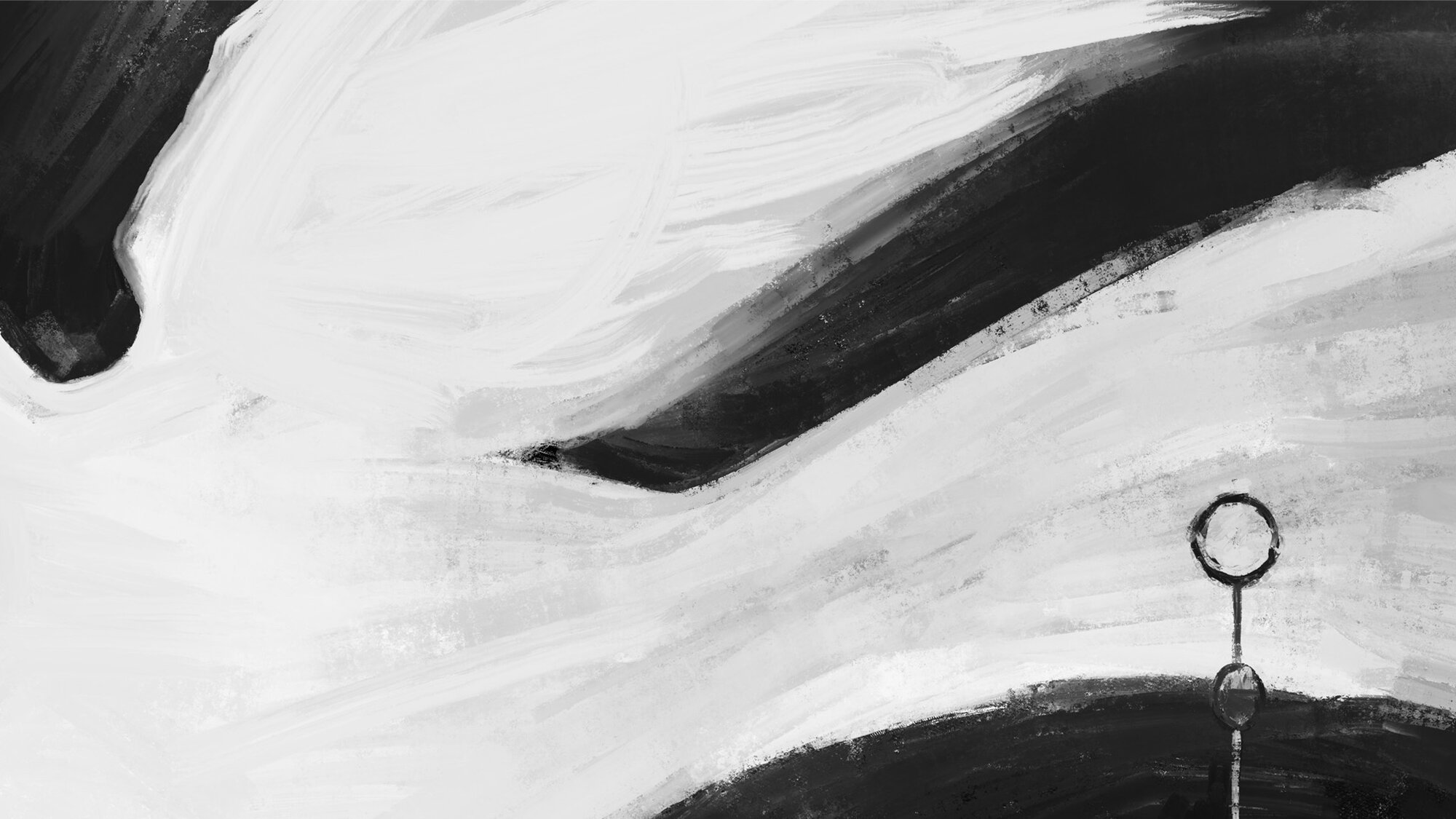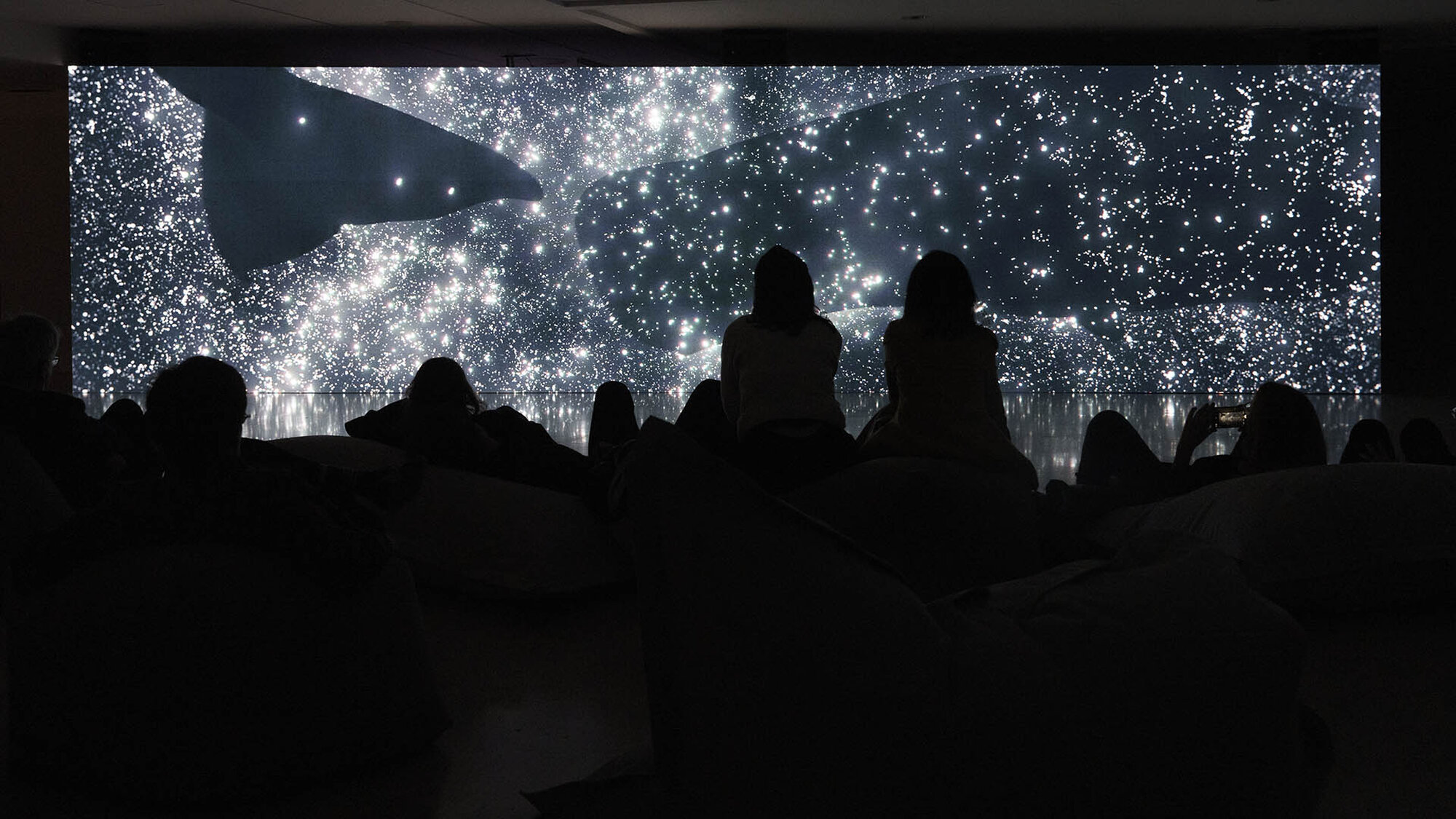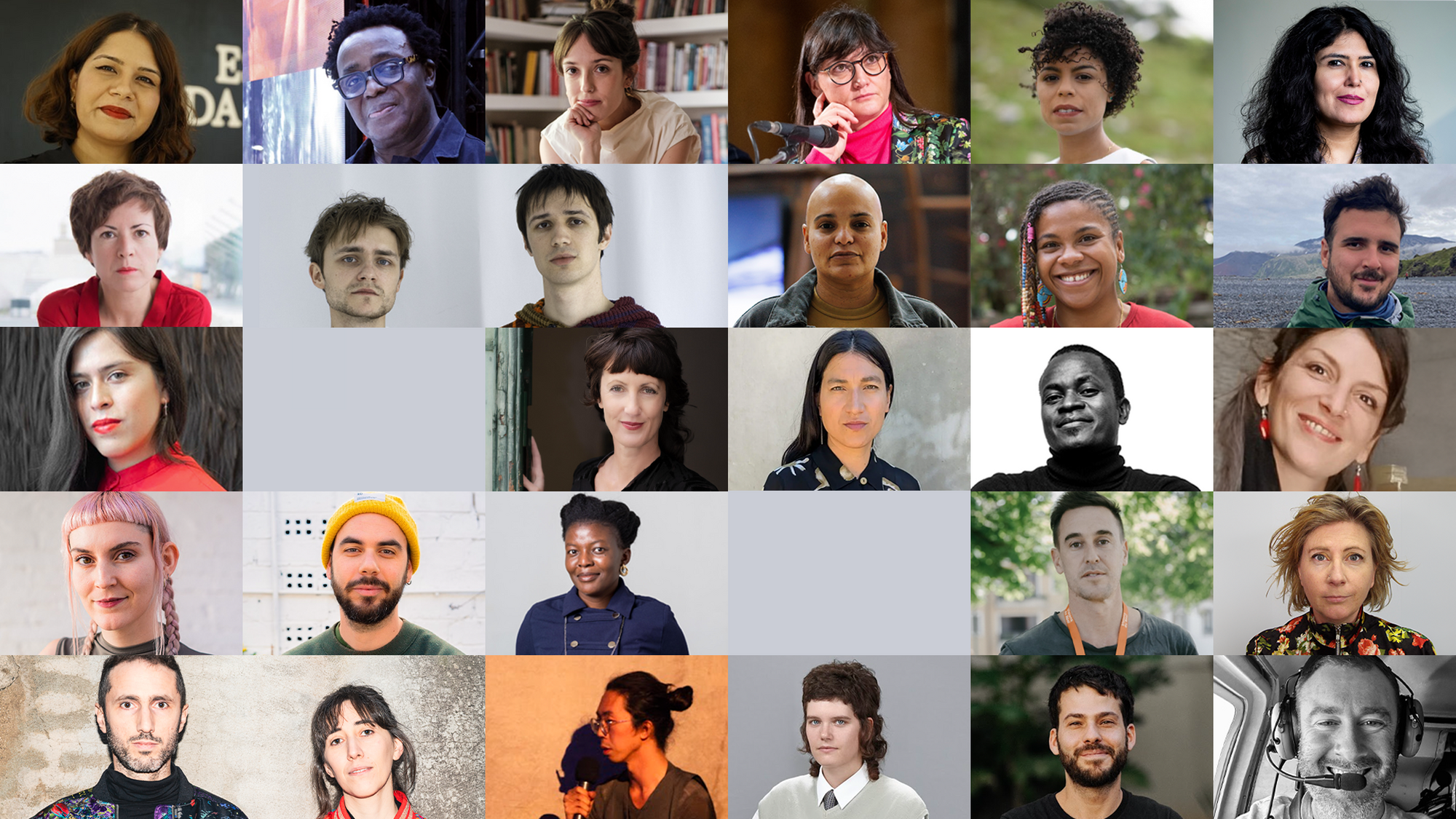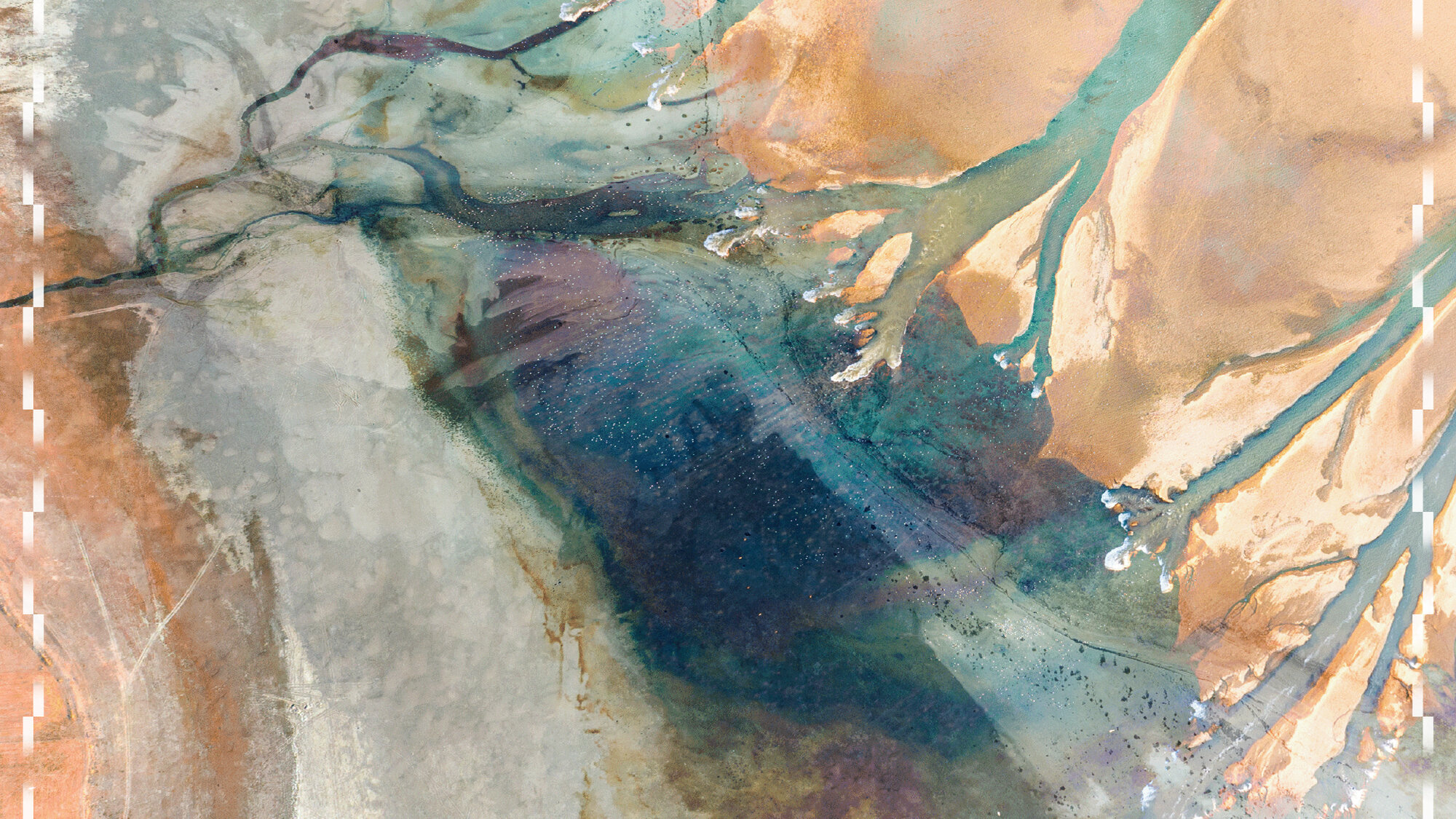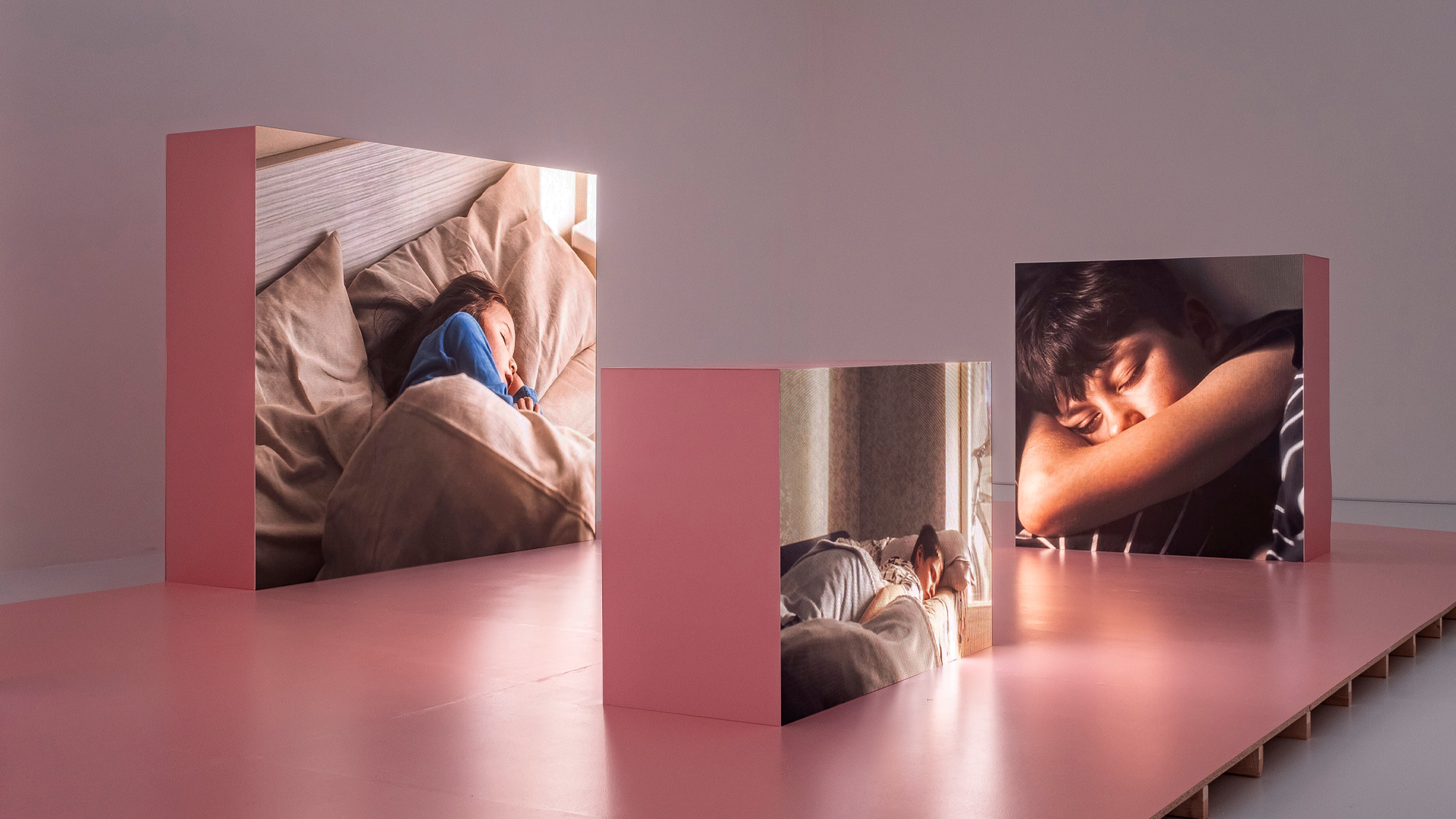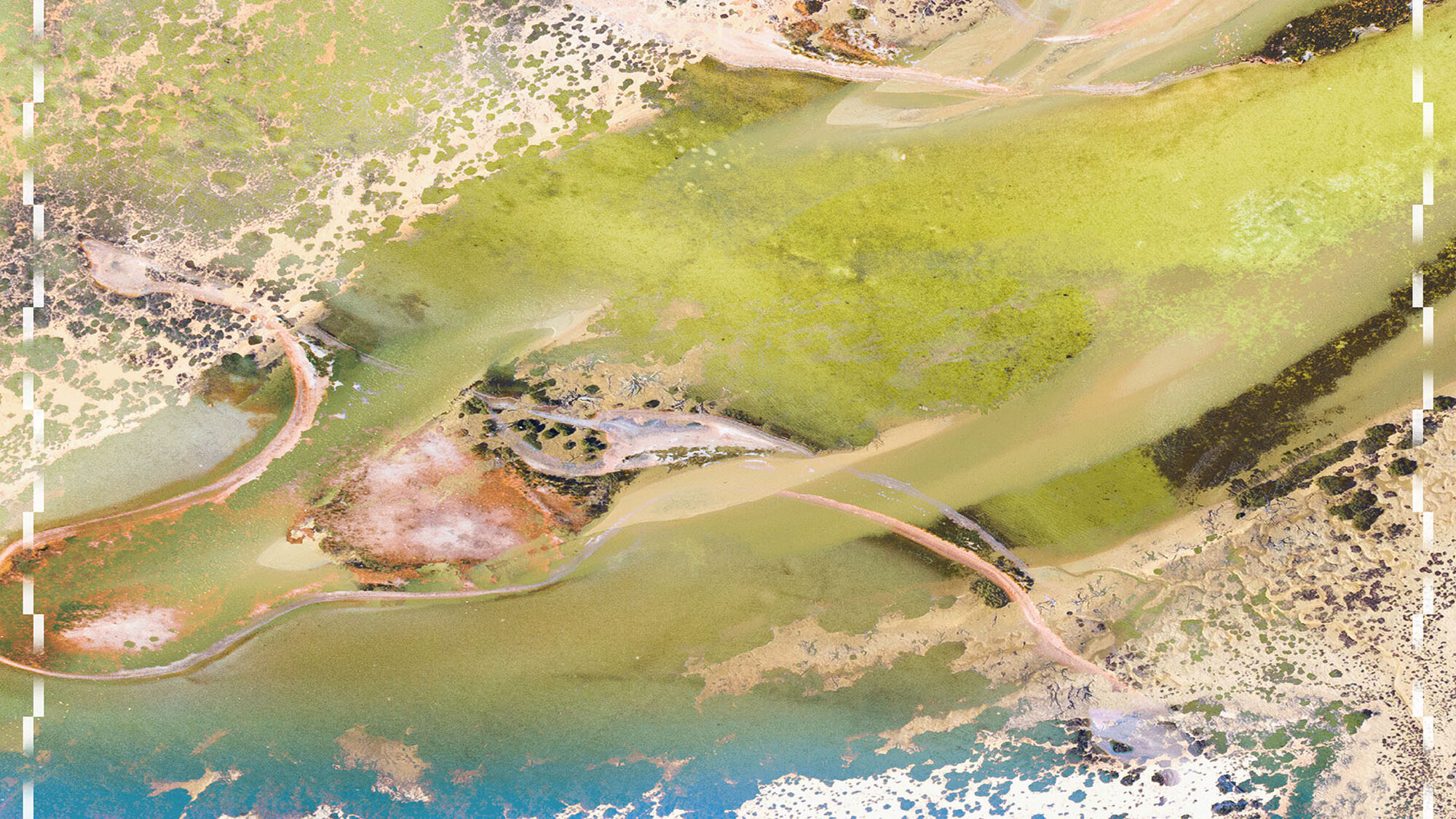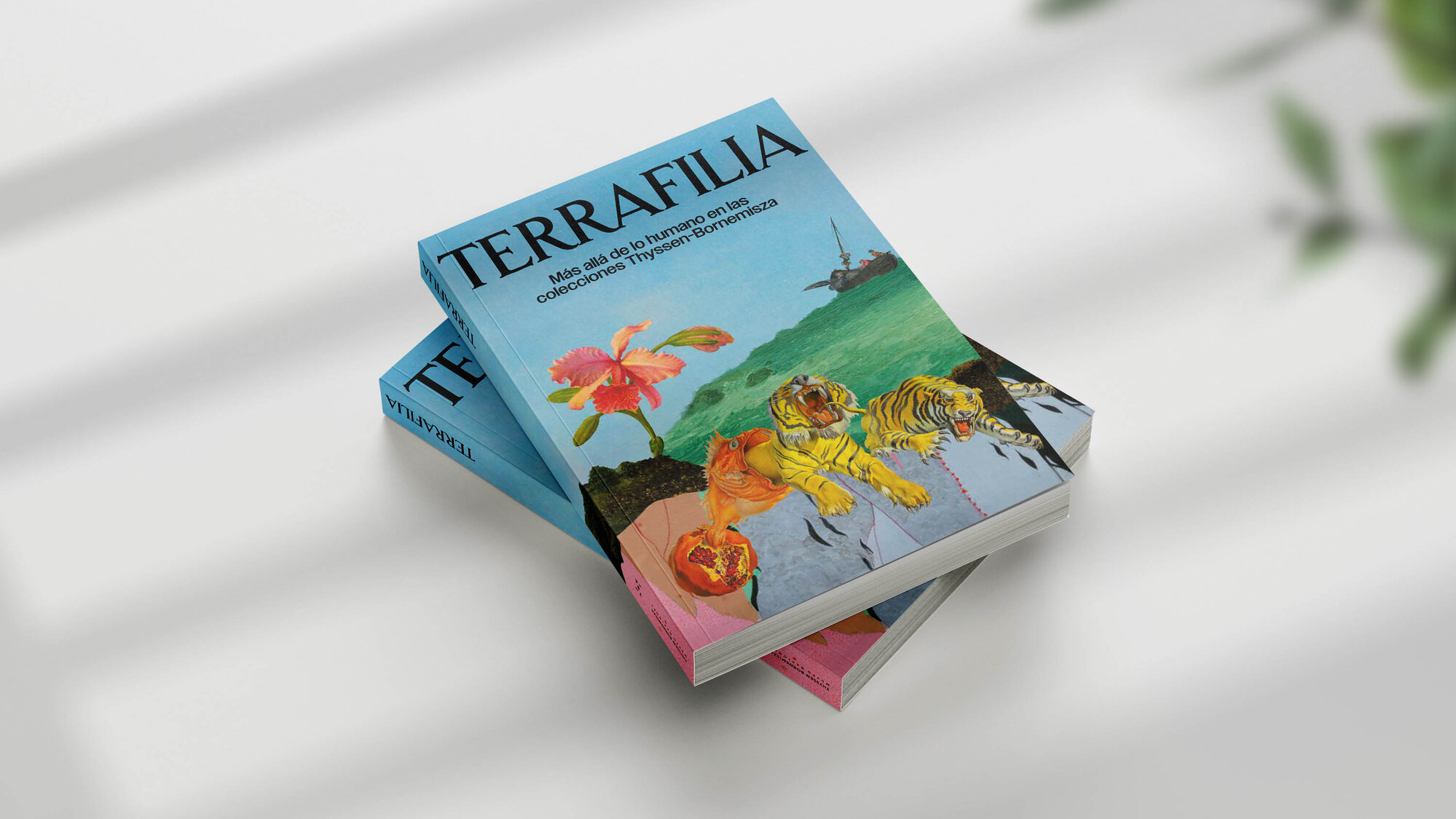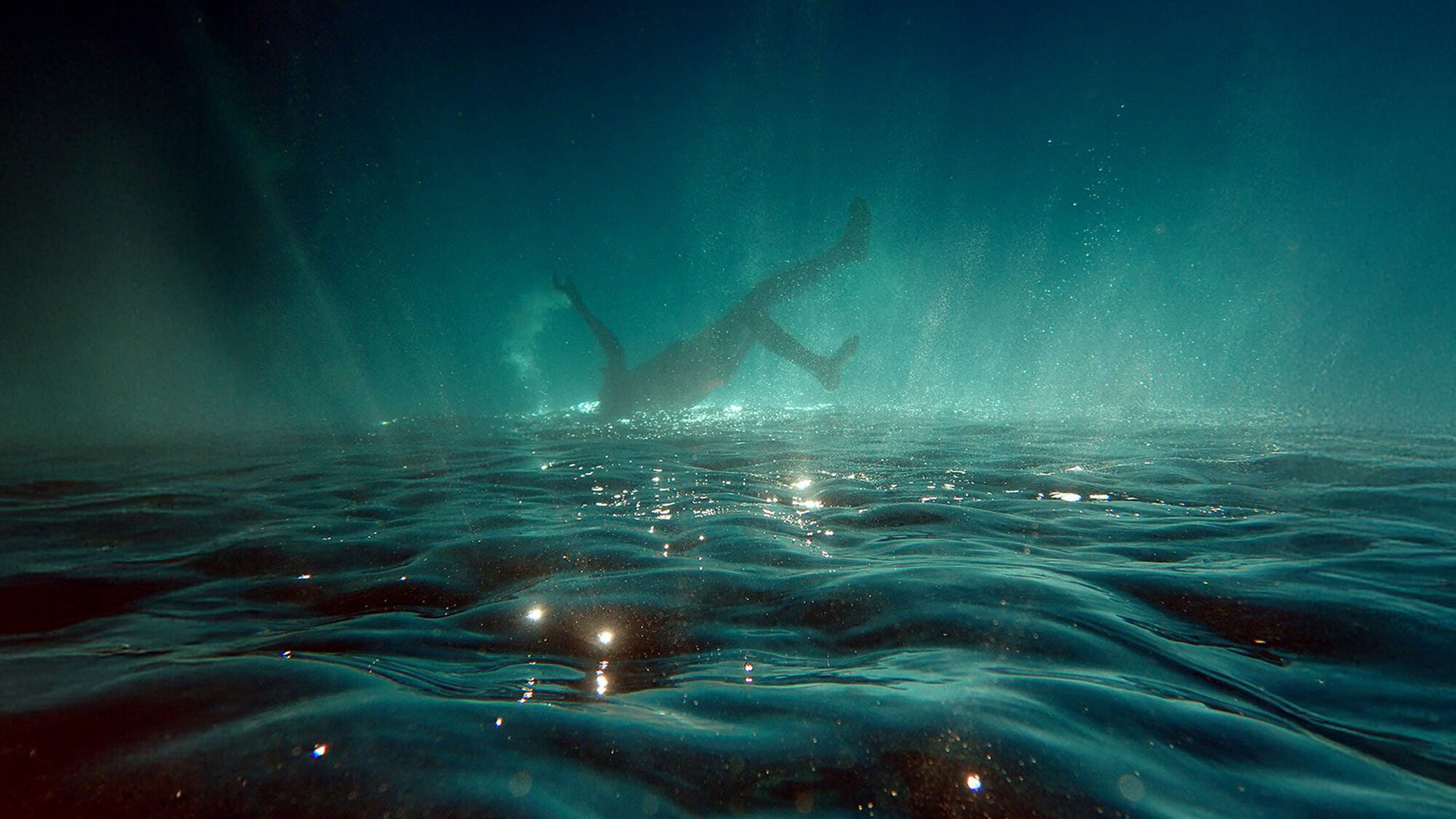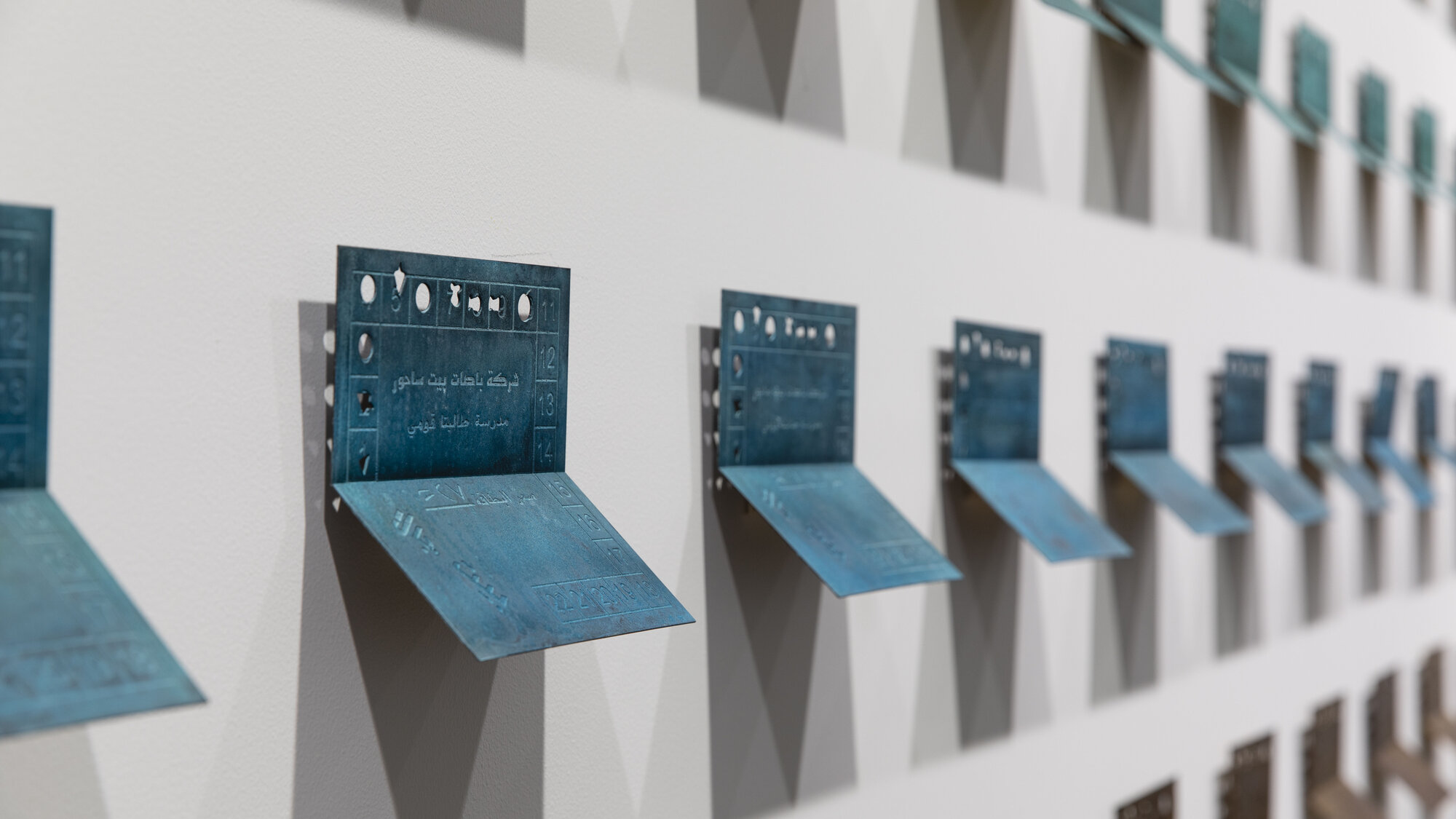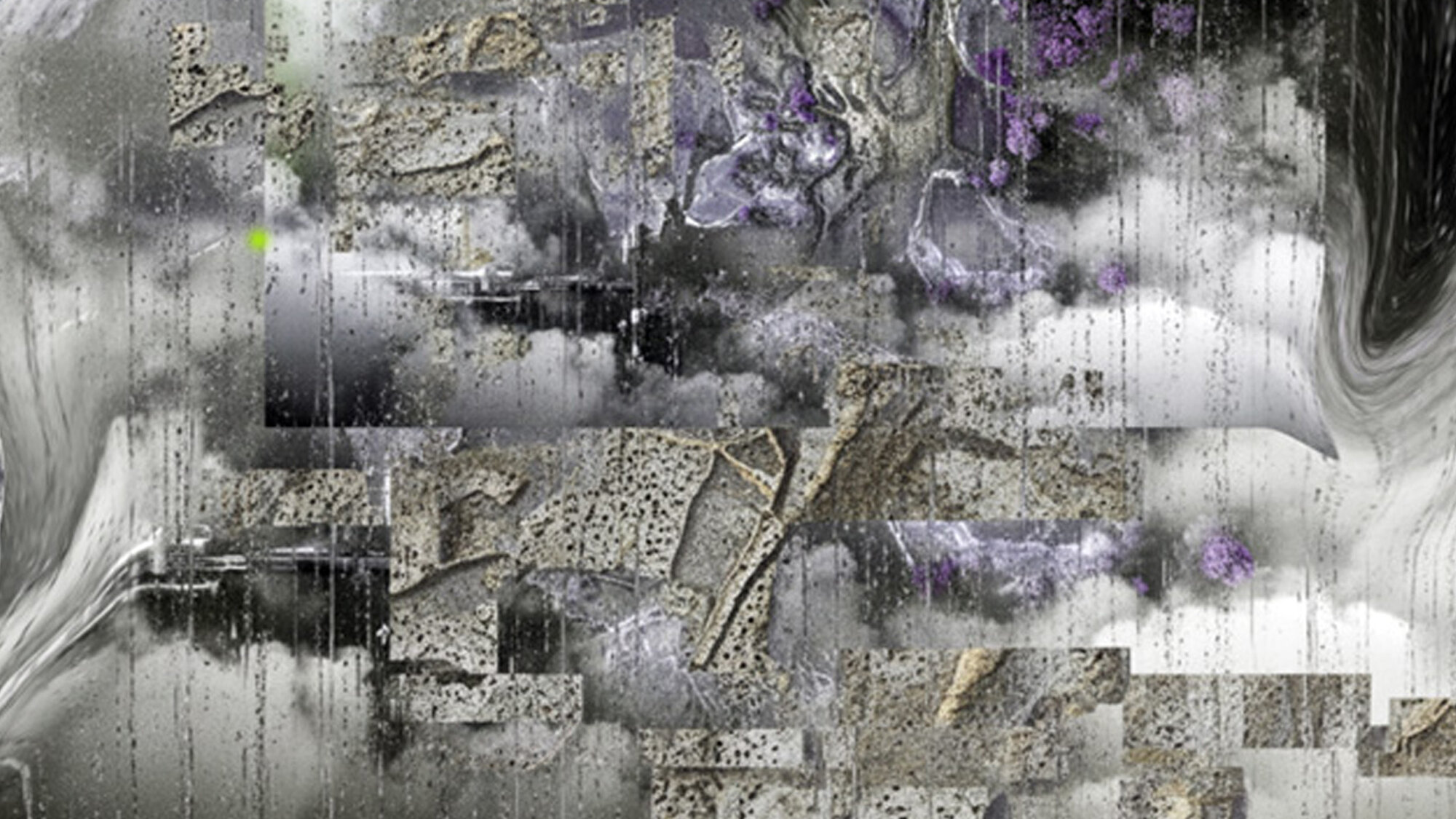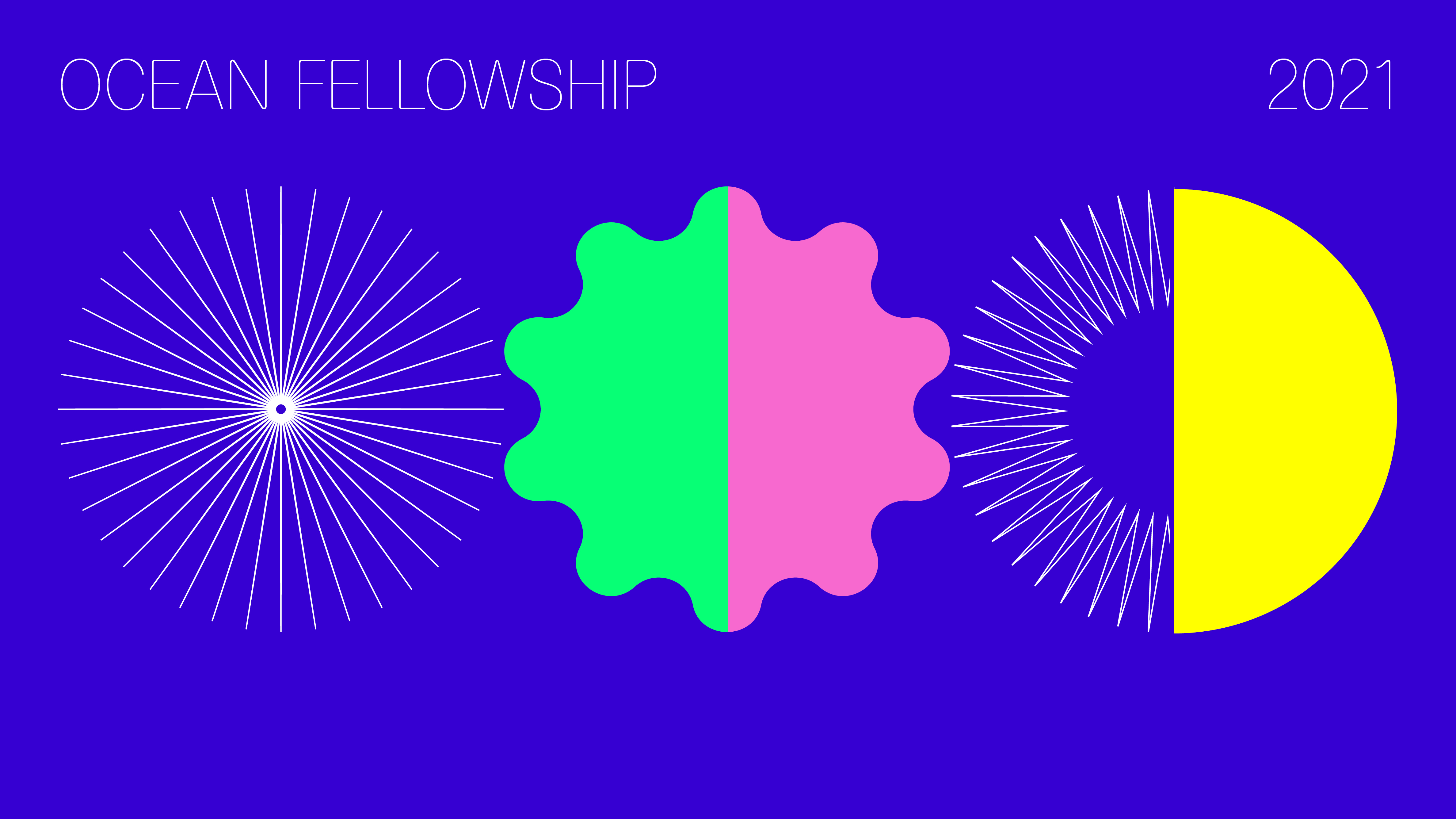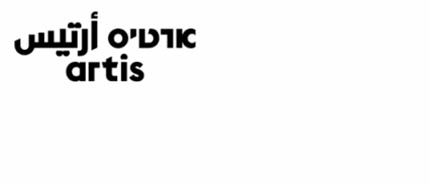The Ocean Fellowship Program is a funded research opportunity offered by TBA21–Academy and held at Ocean Space in Venice, Italy. The 2021 edition is closely affiliated with the exhibition The Soul Expanding Ocean #1: Taloi Havini, to be held at Ocean Space. The fellowship also forms an integral part of The Current III (working title: The Mediterraneans: “Thus waves, come in pairs,” after Etel Adnan), a transdisciplinary and transregional exercise in sensing, listening, thinking, and learning with - by connecting and supporting situated projects, collective pedagogies, and voices along the Mediterranean shores across the fields of art, culture, science, conservation, and activism.
The program supports six Fellows and two Mentors to conduct individual and collaborative research as well as investigations with an awareness of oceanic worldviews and marine histories; an understanding of the changes in ocean management and recognition of indigenous marine governance and leadership; non-binarism as a philosophy; equality and social justice. This year, the Fellowship brings attention to story-telling as a method, as an action to portray and convey a territory, a mindset, and a substance, encouraging intergenerational exchange, building resilience in communities, and strengthening citizenship.
MENTORS
Rosalyn D’Mello grew up as a ‘Bombay-Goan’ in Mumbai. In 2010, she adopted Delhi as her base for almost ten years before moving to her current location in Tramin, an Alpine town in the autonomous province of South Tyrol in Italy. As a freelancer, she has performed various callings as a feminist writer, art critic, essayist, columnist, researcher, and editor.
Her debut memoir, “A Handbook for my Lover” was published by Harper Collins India in 2015 to critical acclaim and is a contemporary exploration by a person of Indian origin of the still-evolving genre of autotheory. Her unusual and experimental essays are part of several international anthologies. Her art criticism has been published in a range of magazines and newspapers, such as Art Review Asia, Art Review, Art + Auction, Tate Etc, The Caravan, Seminar, Vogue India, The Hindu, Mint Lounge, among many others.
Rosalyn writes a weekly feminist column for “mid-day” in which she explores the intersections between domestic itinerancy, political activism and autobiography. Her fortnightly columns for “STIR World” further synthesise memoir, art criticism, and intersectional feminist theory while reflecting on historically marginalised artistic practices.
As an India Foundation for the Arts grant recipient, she is presently in the final stages of her research on a book for Oxford University Press based on her visits to South Asian artists’ studios, which draws from informal methodologies she evolved through her monthly essay-length columns for the Indian weekly magazine, “OPEN”.
She continues, meanwhile, to labour on “The Miracle of the Loaves and the Fish”, an autobiographical treatise on metabolic living, female mysticism, housewifely artistic legacies and feminist jouissance. She is also exploring an artisanal future as a crochet evangelist, embroidered, and home cook.
Cécile Hummel lives and works in Basel. She studied art history and education at the University of Zurich and fine arts at the Kunstgewerbeschule Basel, where she graduated with a diploma in teaching and art.
During her studies she lived in San Francisco, Berlin and Paris. She came to Rome on a scholarship at the Swiss Institute, where she lived and worked from 1990 to 2000. Since 2001 she has taught at various institutes, been an assistant for art at the Department of Architecture at ETH Zurich, the Lucerne School of Art & Design, Bern and the ZHDK Zurich, and teaches at the Burg Giebichenstein Kunsthochschule in Halle.
In 2011, she initiated an exchange between artists from Basel and Palermo, which she curated together with Francesco Pantaleone and Andrea Rocca. Cécile Hummel has been artist-in-residence in various cities such as Cairo, Paris and Montreal and has presented her work in numerous galleries, institutions and exhibition spaces at home and abroad.
Her work focuses on the transfer of culture and knowledge in the Mediterranean region as well as the history of artefacts and the people behind them. She is interested in the images and their readings, the thoughts and composition of foreign and familiar culture, the rizome-like network of connections that spans between peoples.
Two current exhibitions in 2020/21 are “Fragile” at Haus der Kunst, Cantieri della Zisa in Palermo and “Bon Voyage, Reisen in der Kunst der Gegenwart” at the Ludwigsforum in Aachen.
FELLOWS
Chahinez Bouguerche is an assistant professor and a researcher at University of Science and Technology Houari Boumediene (USTHB), Algiers, Algeria. She has a Ph.D. in Parasitology, Biology, Ecology and Environment (2019) and she works on the systematics of monogenean flatworms, which are parasites of marine fishes. She strengthened her skills through her internships at Muséum national d’Histoire naturelle, Paris, France. There, she discovered her enthusiastic interest for monogenean flatworms. Recently, she successfully participated in the Cross-border online traineeship, The Deep Blue Project (Co-funded by European maritime and fisheries fund), hosted by the MNHN and she was included in the Deep Blue stories. She is also pursuing a master’s degree (Advanced Master in Sustainable Blue Growth) jointly organized by OGS – National Institute of Oceanography and Applied Geophysics and the University (a contribution by Italy to the Western Mediterranean Forum, Dialogue 5+5). She plans to devote her career to increase the awareness of the importance of a professional career in a woman’s life. She believes that as a woman, she can make a significant change while having a successful “blue career”. She is now concentrating her efforts on fish parasites to reveal the fascinating “hidden biodiversity” of these tiny worms.
Johanna Breiding is a Swiss-American artist working primarily with photography, video and film. Their work aims to represent subjects that are marked deviant or illegible from the social order, and to experiment with forms of world-making that offer an alternative to state-sanctioned legitimation. They have exhibited widely and their work has been written about in Artforum, Art in America, Hyperallergic, Whitewall Magazine, Huffington Post, among others. They are a recipient of a DAAD grant and the 2017 Rema Hort Mann Emerging Artist Award. Their latest film, “The Rebel Body” (2019), made in collaboration with Shoghig Halajian, recounts the story of Anna Göldi (1734-1782), the last person to be executed for witchcraft in Europe. They have taught at Williams College, Scripps College, California Institute of the Arts, and San Francisco Art Institute.
Shoghig Halajian is a curator and art historian based in Los Angeles. She serves on the Board of Directors at Human Resources LA, and previously was Assistant Director at LACE (Los Angeles Contemporary Exhibitions). She is co-editor of the online journal “Georgia”, in collaboration with Anthony Carfello and Suzy Halajian, which is supported by a Creative Capital | Andy Warhol Foundation Arts Writers Grant. From 2015-16 she co-organized the invitation of sorts talk series in Los Angeles. She is currently a Ph.D. candidate in Art History, Theory and Criticism with a Critical Gender Studies emphasis at University of California, San Diego. Her research explores contemporary queer aesthetics and performance through a critical race lens, focusing on artistic experiments with collectivity and collaboration.
Abiba Coulibaly is a recent graduate of the University of London Institute in Paris where she completed an MA in Urban History and Culture, exploring the city as an arena for social and environmental struggles and cultivating her interest in postcolonial migration patterns beyond the Anglophone world. Her research explored the potential of image and film to both subvert and exacerbate xenophobic sentiments in the context of urban France grappling with its religious and ethnic diversity. Previously, she studied International Development and Geography at the School of Oriental and African Studies with a focus on migration, housing rights and political ecology. She has worked at the Black Cultural Archives in Brixton, South London, a learning and exhibition space dedicated to preserving and highlighting the range of the Black British experience. Having lived, worked and studied on both the African and European shores of the Mediterranean, she intends to use her time at Ocean Space to explore the long-standing, complex and highly consequential dynamics between these two coasts, as well as those between the Mediterranean and the Sahel, in relation to how late-stage capitalism dictates the necropolitics of the region, needlessly jeopardising both human and aquatic life in marine spaces and other ways in which social and ecological crises are deeply intertwined.
Justine Daquin and Zoé Le Voyer are the co-founders of Calypso 36°21, a women-led French Moroccan curatorial collective created in 2018. Since 2019, they have been directing Out.of.the.blue.map, an itinerant curatorial program exploring the liminality of Mediterranean borderscapes. Aware of the urgent need to rethink knowledge production processes, the collective experiments with the creation of participatory archives. In recent years, its members have curated and produced exhibitions, workshops and original works, each of which addressed the notions of liminality, memory, empathy and the experience of the multitude. Born in 1993 in Paris (France), Zoé Le Voyer is an independent curator and cultural coordinator. She has been working in the Euro-Mediterranean region for 5 years, alternately producing, coordinating, curating and promoting cultural and artistic projects. Zoé envisions the archive as a field for epistemological, poetic and political investigation. In 2016, she curated the exhibition “Young Adventurers Chasing the Horizon” (Lucile Boiron, Alliance française Dublin). Recently, she was the research coordinator for the exhibition La mer & Marseille (Peter Fend, Manifesta 13 Marseille, 2020), and assistant to Sara Ouhaddou for her exhibition “Je te rends ce qui m’appartiens” (Manifesta 13 Marseille, 2020). Born in 1993 in Paris (France), Justine Daquin is an independent curator and architect. Her research and work is strongly related to liminal territories and she sees projects as means to research and question the city, as well as developing fine strategic answers to site-related issues. Since 2014, Justine has collaborated with international architecture and art offices (Kuehn Malvezzi Architects, Shigeru Ban Architects, Hiroshi Sugimoto). Among others, she participated in the coordination of the biennial “Augures, Laboratoire des nouvelles pratiques architecturales and its publication” (l’AUC, 2019). Recently, she was part of a pluri-disciplinary research group that developed a boat project for S.O.S Méditerranée.
Nadia Christidi is a PhD candidate in History, Anthropology, and Science, Technology, and Society at MIT and an arts practitioner. Nadia’s research explores how the future of water is being imagined and prepared for in cities facing water supply challenges that are intensifying with climate change; she focuses on Los Angeles, Dubai and Cape Town. Prevalent among the urban water futures she encounters is seawater desalination. As an Ocean Fellow, Nadia will explore how marine environments and management might be remade by desalination in the future and the technological, political, and social factors influencing present-day desalination trajectories. Nadia is committed to working at the intersection of art, science, and policy and producing public programming around the environment. Her work and programs have been presented at Beirut Art Center, SALT Galata, SALT Ulus, Kunsthaus Hamburg, Jameel Arts Centre, and Al Sidr Environmental Film Festival. She is the current Rasikbhai L. Meswani Fellow for Water Solutions at MIT’s Jameel Water and Food Systems Lab, and was previously Art Jameel’s Arts Research and Writing Resident and a Delfina-FICA Research Fellow. Nadia holds an MA in Historical Studies from the New School for Social Research and BA in History of Art from Bryn Mawr College.
Ella Navot holds a masters degree in Visual Anthropology from Goldsmiths, University of London. She is engaged with experimental anthropological research methods working with moving images as a process of unlearning. Her thesis research originated from the sea: following the objects and histories that it reveals as a strategy of refusal and attempting to disrupt the visual regimes that articulate hegemonic representations. In her work she aims to visualize the entanglement of people, stories and places otherwise perceived as separated by concrete and imagined borders, born from a need to reimagine the future of Israel-Palestine and the region. She has researched topics around contemporary migration and has professional and activist experience supporting the struggle of African asylum seekers in Israel. Her interest lies in subversive storytelling at the intersection of materiality, spatiality, decolonial and feminist thought and filmmaking practices.
This fellowship was made possible by the kind support of
Artis.




























